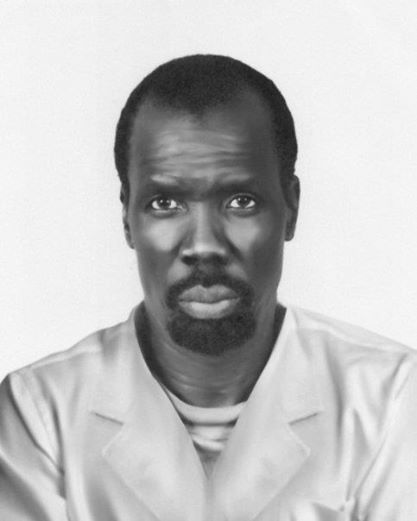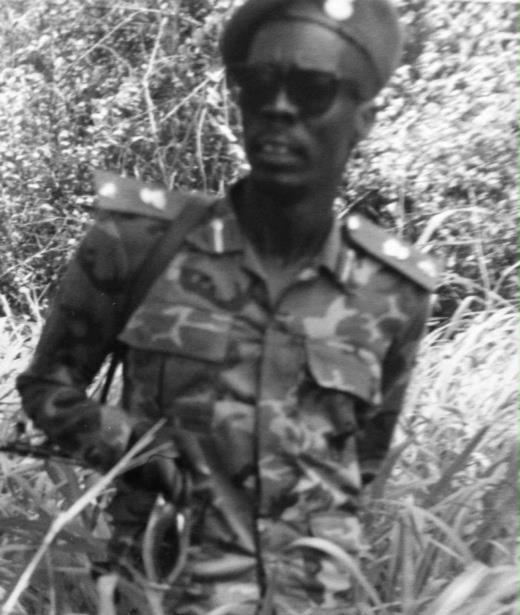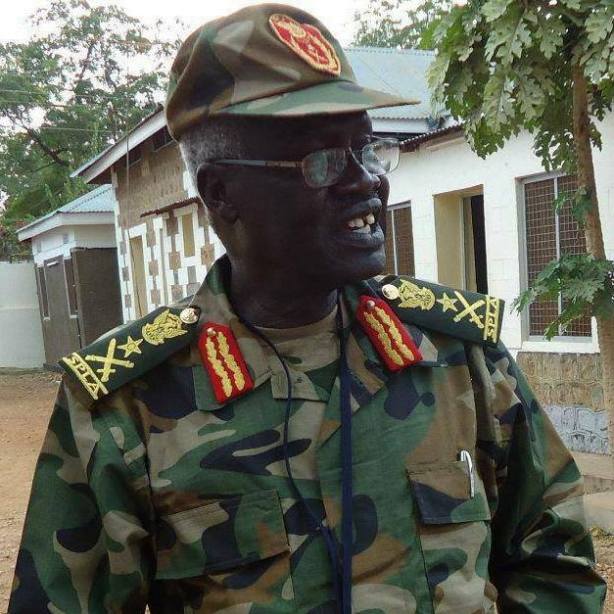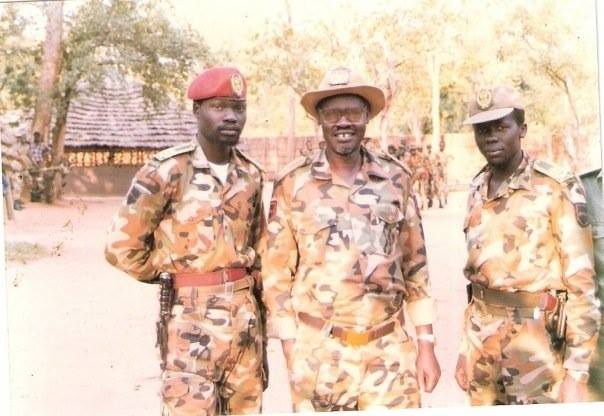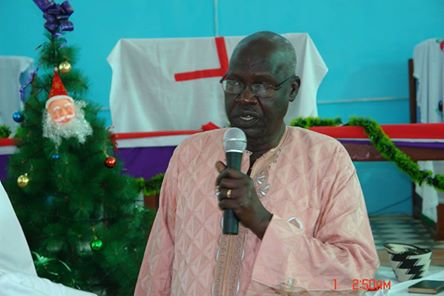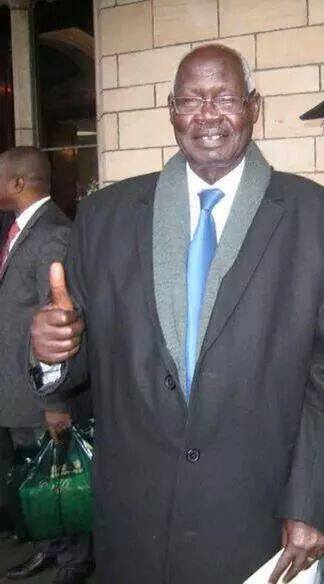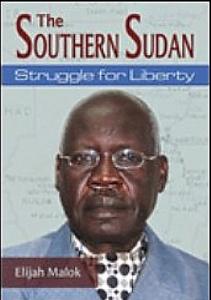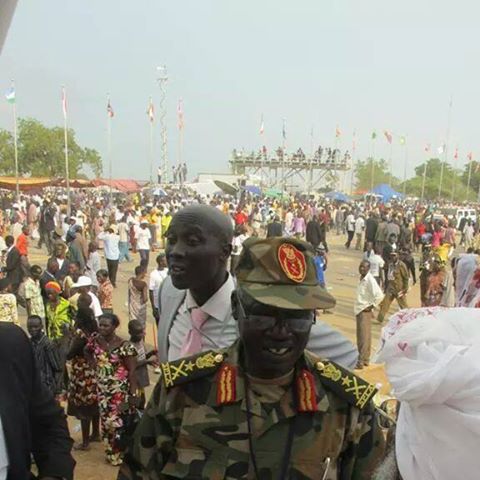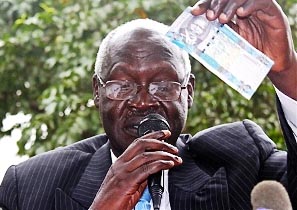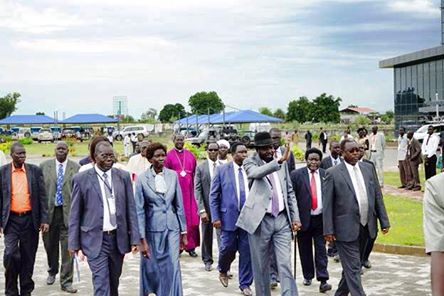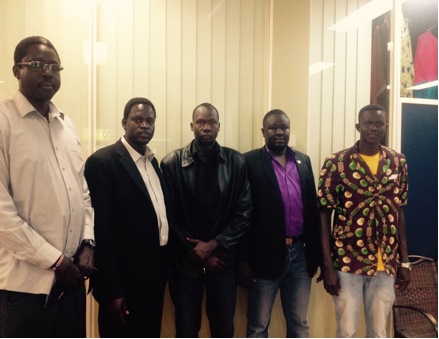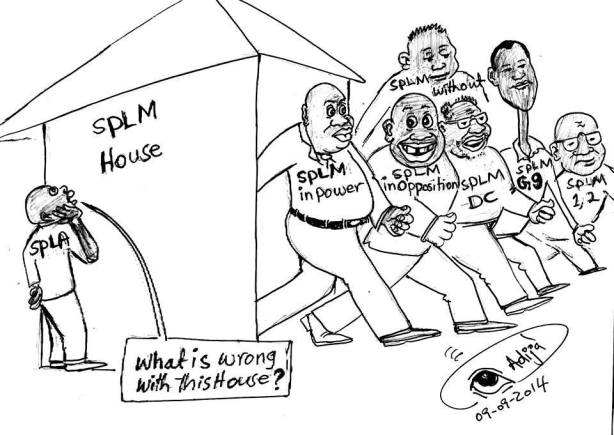As I scribble this note, I don’t know where your body rests; whether your loyalists had time to bury you properly or they left behind your dear body unburied to save their dear lives! It won’t matter, what matters, are the thoughts of you within us! With these thoughts, we can build and erect your monuments and statues throughout the country!
Uncle William, I centralise the core of this note in specific events that involved my Palotaka colleagues and I, then your other good deeds to this country will follow. To all my Palotaka colleagues, I invite you to judge this note about the man who spared the foundation of our country; a country, in the political turmoil today. A man whom his junior both in ranking and aging, robbed of life; a junior he rescued at the edge of a sword for betrayal from SPLM/A; Elijah Hon Top under Peter Gatdet Yaak, slain him in cold blood. William Nyuoon is such a man, unique and outstanding leader!
–
With your advice, we conquered dark corners in the hell of a Palotaka life; with your parental words, we lived in the four corners of the earth so determined today. You lived among us contrary to those who existed and continue to exist among us; your temporal life has left everlasting good memories of you; And that’s the full measure of a great man. Most great revolutionaries and visionaries, perished in violence not in peace; the world never give them time to verbalise their wills to their loved ones.
–
In September,1992, you defected from SPLM/A at Pageri in Eastern Equatoria State; the news of your defection raced to Palotaka and the panic racked our guardians’ brains, who , even in the face of desperate craving of life, couldn’t stand on your way, given their knowledge of your military tactics. We hit the road to Parjok and to Pogee. However, William, you challenged your matches, the SPLA occupied towns. Magwi fell in a terrible defeat into your hands; Ikotos crumbled in front of you and you made it to Juba not because of the numbers of your soldiers but barely because of your military tactics. A great military tactician, you were!
A testimony from Riek’s abductee of 1991 goes:
Words from a former soldier in signaling (communication) unit in your division had these remarks about you:
–
“I did my military training with ‘koryom'(locust) battalion, however, the leadership of SPLM/A deployed me in 104/105 at Adura/Ashwa base in Ethiopia; William Nyuoon (a zonal commander) commanded axis-1 zone , which covered the Eastern bank of the Nile.
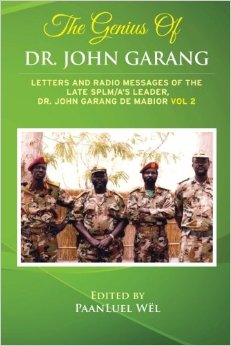
The Genius of Dr. John Garang: Letters and Radio Messages of the Late SPLM/A’s Leader, Dr. John Garang de Mabioor (Volume 2) Paperback – November 27, 2013
Qualities of his leadership
His leadership opposed the tribalists, for example, when Dr. Garang sent two battalions: Bilpam and Mut (spear in Nuer), to him, Isaac Gatlok a commanding commander swappedd soldiers of other tribes with soldiers of Nuer tribe especially in strategic positions, for example, those in fields artilleries (e.g. pack or mountain howitzers) units; that incident agitated most soldiers so a chunk of soldiers deserted the battalion; that triggered William to call an emergency meeting with his closest officers: Ajak Deng Reng, Manyok Barach, James Kong ( his chief of staff), Chuol Maai (head of his intelligence unit) and Jacob Bol (his doctor) to discuss what they should do about Isaac’s behaviour. He told them to forge a letter of Isaac’s referral for promotion in the name of Dr. Garang, and then he would press charges against Isaac after he (Isaac) reach Bilpam(SPLM/A base).
–
However, Chuol Maai and James Kong in a private meeting, convinced William to discard the decision so he cancelled Isaac’s trip to Bilpam. As a result of Isaac’s segregation, the battalion dispersed altogether, a fail of leadership . Nyuoon condemned his two officers who talked him out of Gatlok’s referral in a serious mood. That also meant he could see beyond (visionary). Furthermore, his communications with the leader of the movement, Dr. Garang in matters partaining the future of the movement, showed his visionary and revolutionary characteristics.
Nyuoon had a rare fairness; he treated everyone the same; he would acknowledge the contribution of others in the functioning and success of SPLM/A regardless of their tribes. Nyuoon: the best in mobilisation, he mobilised Nuers to join the SPLM/A. He was not corrupt, though he had capacities, he never desired to own hundreds of cattle like his colleagues in the same ranks. His simple diets proved him innocence in corruption ordeal, which enslaved many SPLM/A officers; an epidemic that continues to robe us until today!
Kwei-nyang (his nickname) was not a strict vegetarian but he didn’t love meat like the rests of his peers; he also disliked foods with fat (butter and ghee), and his favorite were milk, chai(tea) and “Ngam-Kuor” (corns with brans removed then cooked with beans) so he used to supervise foods for the sake of his soldiers not because of him. He would prioritise and care for signaling unit, intelligence unit and the rests follow when it came to what they should eat”.
Having stated the reasons as to why high commander, William Nyuoon Bany deserves our respect, I now conclude that William Nyuoon must remain in our heart of hearts. He deserves monuments and statues in Ayod, Jonglei capital and in Juba because his nationalism and patriotism outweighed many of his peers’! So with the words of American military legend, General Macarthur: ” old soldiers never die they just fade away”. Our passed heroes will occupy eternity of our history especially if we think about what they accomplished in their short lives.
–




